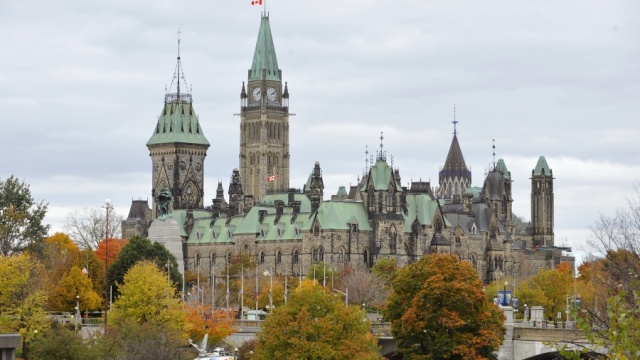SEARCH

Archbishop Smith said, “License is refusal of all limit and constraint in order to do what I want. Freedom is liberty within limit to do what I must. This "ought" flows from my pledge of fidelity to the love of God. The limit within which we exercise freedom is truth: the truth of our creaturely dependence upon God, the truth of our relationship of interdependence with others, and the truth that I am not my own.”And so, what most people refer to when they speak of freedom or liberty is not freedom at all; it’s license. “I should be able to do whatever I want” is not freedom; it’s chaos. (For more on freedom read Pope Francis' homily from this morning's Jubilee for young people.) But more importantly, if all Canadians are endowed with the inherent rights of life, liberty and security – and those rights are equal – what happens when one of those rights comes up against the other? What happens when your right to liberty or security goes up against your right to life? What happens when my right to life goes up against your right to liberty? This is where a bit of logic can be of assistance. These three inherent rights are equal, but they are hierarchical in fundament. That means that one is more fundamental than the other two. Take a house, for example. In order to be a house, a house needs a foundation, it needs walls and it needs a roof. All are equally important. Without a foundation, without a roof, or without walls, the building ceases to be a house. They are equal. But, can you have walls without a foundation? Can you have a roof without walls? Therefore even though all three are equally important, the foundation is more fundamental than the walls and the roof. The walls are also more fundamental than the roof. The roof is the least fundamental of the three because it needs the other two in order to exist. It’s the same with life, liberty and security: You can’t have security without life and liberty and you can’t have liberty without life. Therefore life is the more fundamental of these three inherent rights. Liberty is more fundamental than security. This means that when security or liberties go up against life, life should always win. If my right to security goes up against my right to liberty, my right to liberty should always win, because it is more fundamental. Our laws may say this thing or that thing, but that doesn’t make it necessarily right. We have to be clear as to what we believe and have to be able to explain it to others. Now there may be lawyers among you reading this and there may be some among you who have indeed studied the Charter. I welcome your comments on my little musing for today. Again, I invite you to watch the Every Life Matters series, presented by Archbishop Richard Smith of the Archdiocese of Edmonton. You can watch all the webcasts at www.caedm.ca. The TV broadcasts began last night, April 23 on Salt + Light TV. Here’s the broadcast schedule if you prefer to watch them on TV. And again, I invite you to watch my award-winning documentary, Turning the Tide, which deals with Euthanasia and Assisted Suicide in Canada and with its study guide, is perfect for classroom or a parish study.
